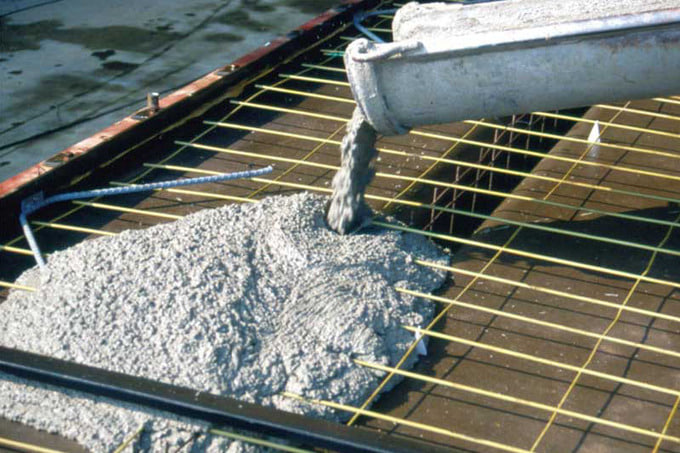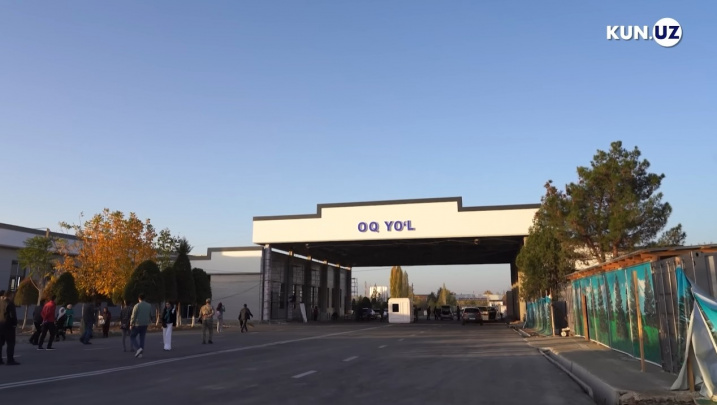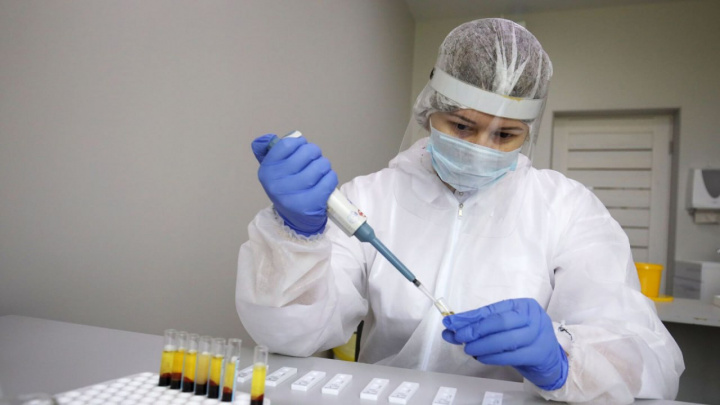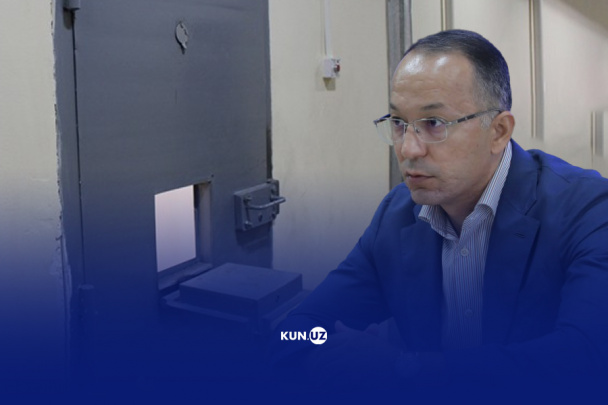Competition Committee fines cement company Shaffof Sement Sanoat for price manipulation
The Shaffof Sement Sanoat company has been found to have earned 669 million UZS in unjustified profits through the sale of cement at inflated prices, bypassing official exchange regulations. This was revealed following an investigation conducted by the Competition Committee of Uzbekistan.

According to a statement from the regulatory authority, Shaffof Sement Sanoat sold 20,600 tons of cement through direct contracts over the course of 2023 and the first seven months of 2024. These transactions were conducted outside the commodity exchange, where construction materials are required to be traded in order to ensure fair pricing and market competition.
The committee's Fergana regional office, which conducted the investigation, found that the prices at which the cement was sold were significantly higher than the market rates established through the exchange's trading sessions. The resulting income was deemed unlawful, leading to the conclusion that the company had manipulated the pricing process to gain unjustified profits.
Under Uzbekistan's regulations regarding the sale of high-liquidity and monopoly products, companies are mandated to sell such items through the commodity exchange to promote transparency and fair market practices. The special commission investigating the case ruled that Shaffof Sement Sanoat's actions were in violation of these rules and took "appropriate measures" in response, although the specific penalties have not been detailed.
This is not the first time the Competition Committee has penalized companies in the cement industry. In August, the committee fined the Shangfeng - Bridge of Friendship cement plant, located in Andijan, 4.9 billion UZS for dumping practices and restricting competition.
The latest case involving Shaffof Sement Sanoat highlights ongoing efforts by the Uzbek authorities to crack down on unfair business practices in key industries, including construction materials, which play a crucial role in the country’s development projects.
Recommended
List of streets and intersections being repaired in Tashkent published
SOCIETY | 19:12 / 16.05.2024
Uzbekistan's flag flies high on Oceania's tallest volcano
SOCIETY | 17:54 / 15.05.2024
New tariffs to be introduced in Tashkent public transport
SOCIETY | 14:55 / 05.05.2023
Onix and Tracker cars withdrawn from sale
BUSINESS | 10:20 / 05.05.2023
Latest news
-
Fake traders scam people in Uzbekistan with promises of 25x returns in one hour
SOCIETY | 18:25 / 24.07.2025
-
Uzbekistan boosts electricity exports amid ongoing outages
SOCIETY | 16:58 / 24.07.2025
-
Ecological Party questions legality of tree cutting and construction in Tashkent’s Mirabad district
SOCIETY | 16:56 / 24.07.2025
-
UAE eases driving regulations for tourists from Uzbekistan
SOCIETY | 16:55 / 24.07.2025
Related News

14:47 / 23.07.2025
Authorities consider new rule for taking cars abroad after Kun.uz investigations

12:29 / 14.07.2025
Income declaration law stalls again: Why Uzbekistan keeps postponing it

17:02 / 08.07.2025
Parliament passes law on mandatory HIV testing for returning citizens and foreign workers

15:03 / 14.06.2025



